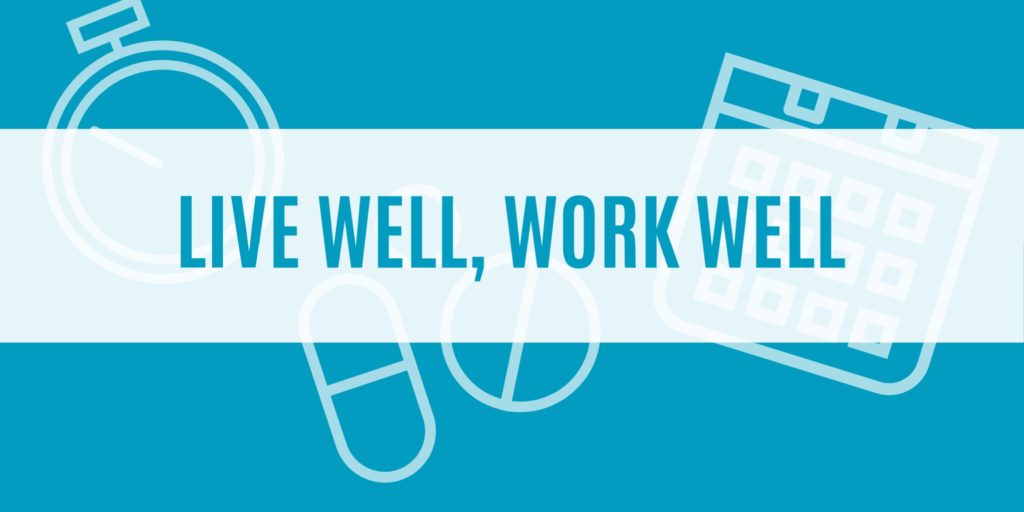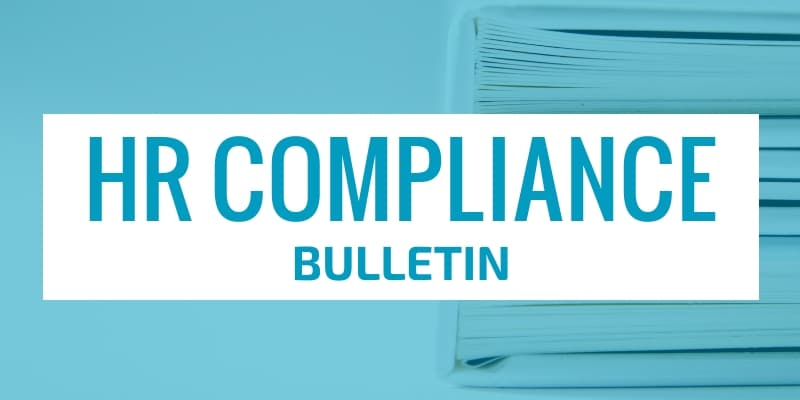 The U.S. Food and Drug Administration (FDA) recently released an analysis that found that Johnson & Johnson’s COVID-19 vaccine is safe and effective.
The U.S. Food and Drug Administration (FDA) recently released an analysis that found that Johnson & Johnson’s COVID-19 vaccine is safe and effective.
According to the FDA, the vaccine meets requirements for an Emergency Use Authorization (EUA).
The vaccine, developed by Janssen Biotech Inc., a subsidiary of Johnson & Johnson, has been found to have 72% efficacy in the United States, while proving less effective in Latin America and South Africa, where a highly contagious variant is behind most new cases. The vaccine has also demonstrated 86% efficacy against severe forms of COVID-19 in the United States, with 82% against severe outcomes in South Africa.
 After you’ve received your COVID-19 vaccination, it’s normal to wonder what’s next.
After you’ve received your COVID-19 vaccination, it’s normal to wonder what’s next. The White House recently announced that drugmaker Merck & Co., will help produce competitor Johnson & Johnson’s COVID-19 vaccine to expand its production and supply.
The White House recently announced that drugmaker Merck & Co., will help produce competitor Johnson & Johnson’s COVID-19 vaccine to expand its production and supply. The U.S. Food and Drug Administration (FDA) recently issued an Emergency Use Authorization (EUA) for Johnson & Johnson’s COVID-19 vaccine to be distributed in the United States for use by individuals 18 years of age and older.
The U.S. Food and Drug Administration (FDA) recently issued an Emergency Use Authorization (EUA) for Johnson & Johnson’s COVID-19 vaccine to be distributed in the United States for use by individuals 18 years of age and older. The U.S. Food and Drug Administration (FDA) recently released an analysis that found that Johnson & Johnson’s COVID-19 vaccine is safe and effective.
The U.S. Food and Drug Administration (FDA) recently released an analysis that found that Johnson & Johnson’s COVID-19 vaccine is safe and effective. The Centers for Disease Control and Prevention (CDC) has issued guidance on the elements of consent and disclosures necessary to support employee decision-making when employers incorporate workplace COVID-19 testing.
The Centers for Disease Control and Prevention (CDC) has issued guidance on the elements of consent and disclosures necessary to support employee decision-making when employers incorporate workplace COVID-19 testing.